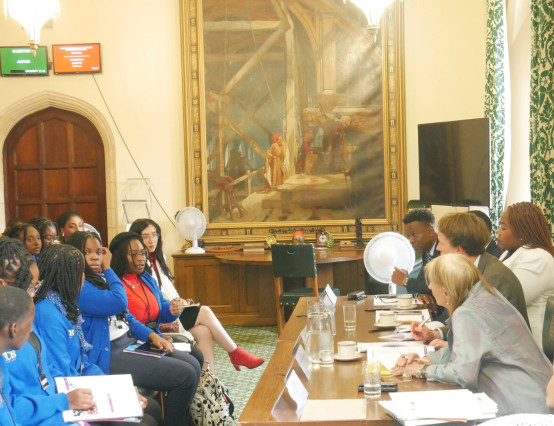One of CogX’s first sessions, ‘Building a digitally fit future: Big tech and accountability’, was an invaluable insight into what must be done to secure a democratic yet digitally fit future.
It was chaired by Martha Lane Fox, Chair of WeTransfer and Margrethe Vestager, Executive Vice President of the European Commission for A Europe Fit for the Digital Age.
It kicked off with an acknowledgement of the pandemic, prioritising a focus on classrooms, with swift action to move things digitally by teachers and the feature of paperless college meetings.
Fox reported that from her experiences since the pandemic, meetings have all been digital, which saw increased productivity within her company.
She also noted there’d been more innovation from the pandemic, such as Amazon’s convenient deliveries provoking success and inspiring many companies to take similar actions.
However, Fox suggested we need to consider how to maintain vibrant, lively cities. The issue is particularly pressing when home delivery has become so convenient, with 1 in 7 high street stores throughout the UK now empty.
Fox calls for the need to build a balance of access to greenery vs metropolitan cities. “It’s time to reimagine cities” to ensure a better digital age.
Margrethe Vestager’s points were incredibly insightful, allowing us to glimmer into her role as the European consultant for the Digital Age. Vestager discussed how technology is accelerating due to the pandemic and voices concerns over the rivalry ‘with countries who aren’t democratic’.
Open internet vs Closed internet
Martha Fox noted that in 2021, ‘More countries closed down the internet than ever before’.
This worrying statement comes after China, Russia and India have imposed further restrictions upon their citizens.
Margrethe’s call to ensure a democratic, digitally fit 2030 include:
“We need an alliance of democracies”.
“We need to assert ourselves for democratic values to underpin the standard of technology”.
“I think it is important that we do this right, that we do not accept technology for social scoring by the states, that we do not accept continuing biometric public identification in public space”.
Vestager also added that “Democracy, by nature, is slow. Technology, by nature, is fast”, and so there must be a solution fitting around such thinking. Both panellists agreed that state surveillance and technology need to build a foundation, starting with integrity and dignity, for individuals to live in a truly democratic digital age.






0 Comments